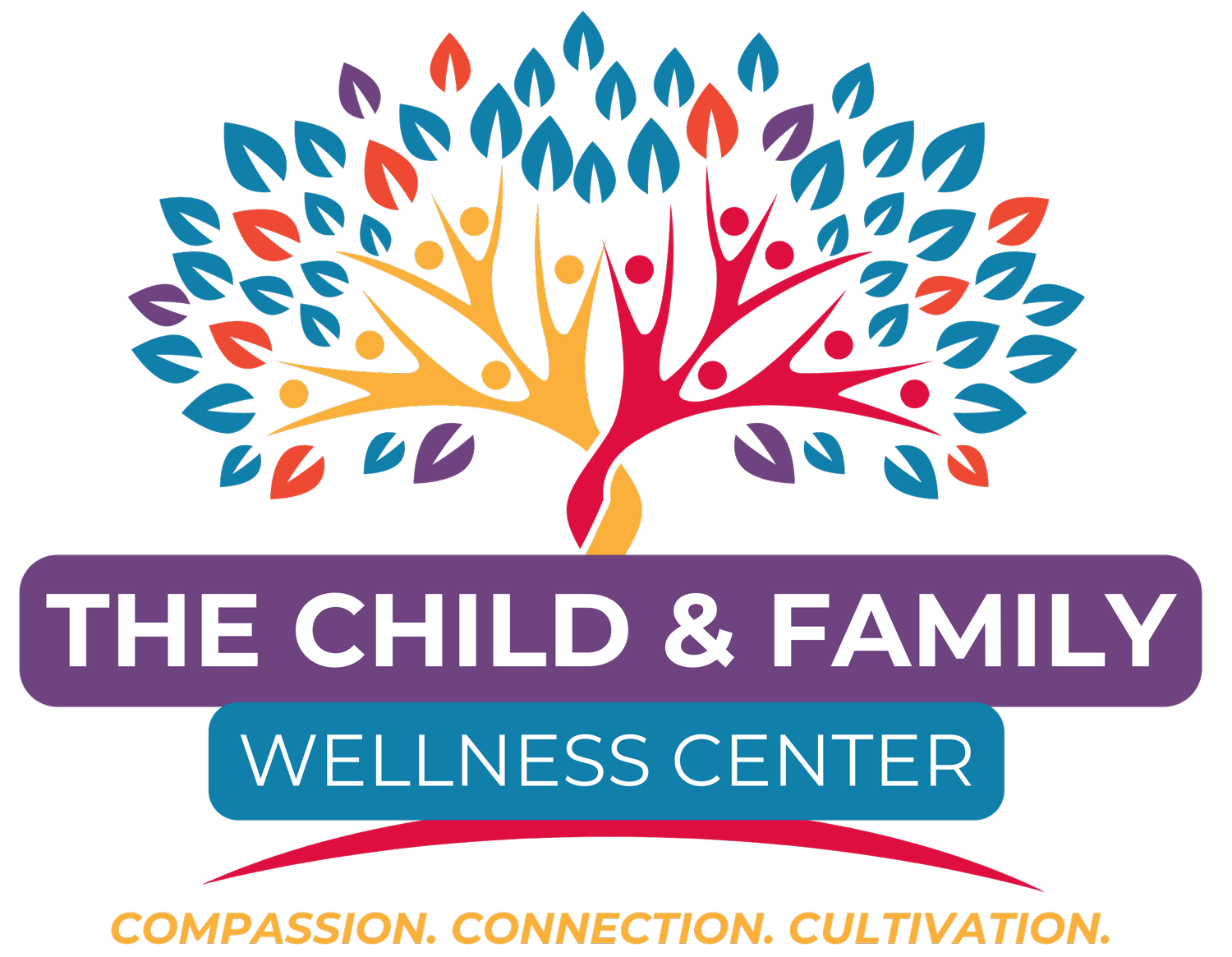Anxiety & Finding Inner Peace: A Guide for Gen Z
Research suggests that Generation Z (Gen Z) is grappling with unprecedented levels of anxiety, making it the most anxious generation to date. According to a report by Harmony Healthcare IT, a staggering 61% of Gen Z has a medically diagnosed anxiety condition, with higher rates of depression diagnoses compared to other generations.
Why Are We Anxious?
There are many reasons why we feel anxious in our personal lives, but here is a list of reasons people may feel anxious on a larger scale as a generation:
The pandemic
Unemployment
The current economy and job market
Technology
Climate change
Stress, sadness, anger, and frustration due to climate change and its related challenges
Let’s Talk Bed Rotting: Can We Do More?
Enter the latest Gen Z self-care trend: bed rotting.
With over 167 million views on TikTok, it might sound extreme, but bed rotting is essentially a day spent recuperating in bed after a chaotic week, perhaps with a hint of a hangover.
While older generations might view this as laziness, it's crucial to understand that Gen Z is navigating an epidemic of poor mental health, marked by stress, burnout, and various societal challenges.
In the realm of workplace stress, Gen Z appears to be the most affected. So, while spending a day in bed might seem justifiable in these challenging times, it's essential to question if it's a healthy coping mechanism.
Alternatives to Bed Rotting (although we get it!)
1. Stay in bed, but not all day: Embrace mindful activities, like cuddling or watching a favorite show during downtime.
2. Identify dual-purpose activities: Find activities that offer both self-care and productivity, such as gentle walks or nature time.
3. Use creativity to boost productivity: Enhance problem-solving skills through creativity, making work feel like a form of self-care.
4. Set realistic productivity goals: Recognize human ups and downs and set goals that allow for a balanced life beyond work.
5. Nurture supportive work relationships: Prioritize relationships that support productivity and well-being. Social support is integral to self-care, contributing to a positive work environment.
While bed rotting might have its appeal, exploring alternative self-care strategies ensures a holistic approach to well-being, addressing the unique challenges faced by the coolest generation.
After all, the path to mental wellness is about finding a balance that works for the individual, acknowledging the need for rest while fostering a supportive and productive lifestyle.

